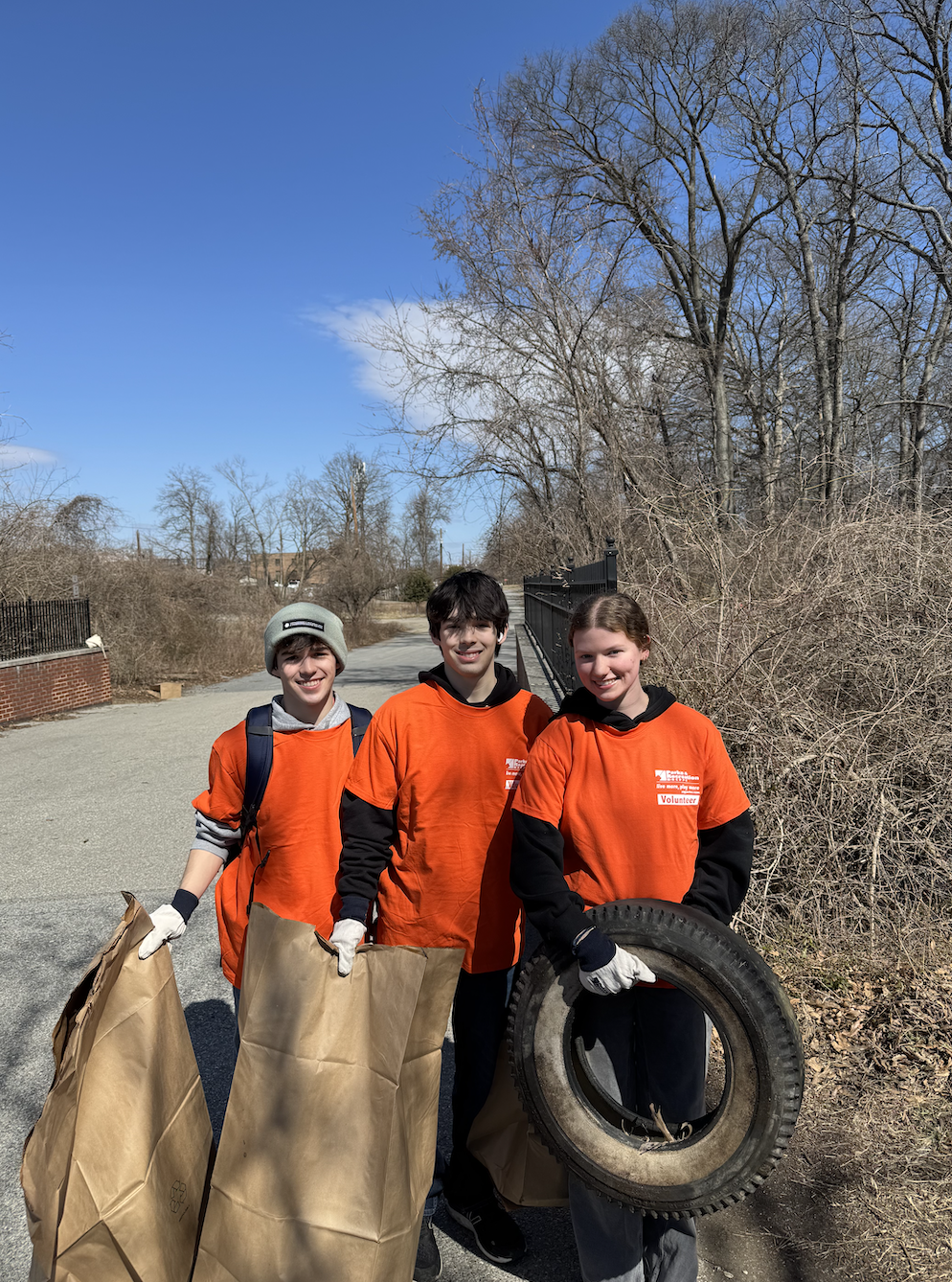Service LEARNING
Service-learning is a cornerstone of the ILS program, providing students with opportunities to engage in meaningful community work while building skills and experiences relevant to their careers in the life sciences. Since its inception in 2011, ILS students have contributed to over 10,000 service hours through their introductory courses, with countless additional hours completed during their undergraduate careers.
What Is Service-Learning?
Service-learning combines academic coursework with hands-on community engagement to:
Address real-world challenges.
Reflect on the social impact of science and healthcare.
Develop transferable skills for the future.
In the ILS program, service-learning is designed to help students develop essential skills like communication, teamwork, and problem-solving while fostering social awareness of the challenges faced by diverse communities. These experiences prepare students for impactful careers as scientists, educators, healthcare professionals, and beyond.
The ILS Service Requirement
Commitment: Students complete 25 hours of service during their first year.
Course Connection: This requirement is tied to the courses HLSC100 and HLSC102.
HLSC100: Focuses on transitioning to college, self-care, and exploring key topics like diversity, inclusion, and social determinants of health.
HLSC102: Builds on these foundations, encouraging students to reflect on their service experiences.
How Does It Work?
1) Choose a Community Partner
Students select a local organization aligned with their interests.
2) Engage in Service
Complete service hours through direct work with the partner organization. Gain real-world experience applying classroom concepts to community needs.
3) Reflect and Learn
Use reflective assignments and discussions in HLSC courses to evaluate your impact and personal growth.



